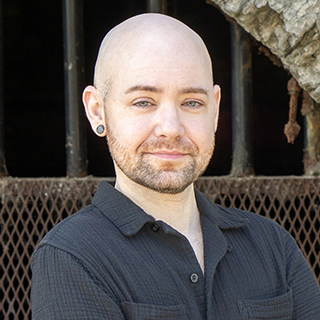In a previous article about existential freedom, I mentioned that the principle of freedom grounds everything else in existential therapy. And it does, but let’s be real: many of us don’t have as much freedom as we want. Freedom is often limited in some way or another, and for too many people, in too many ways at once.
Simone de Beauvoir, an existential philosopher best known for her feminist work The Second Sex, called this “situated freedom.” Freedom is not absolute, but shaped by the context of our existence: the historical moment in time, culture, family and ancestral legacies, genetic makeup, race, sex, ability, class—all the circumstances we are born into.
Many of those circumstances are beyond our control, and thus limit our freedom and shape our opportunities. But no matter how constrained we may be, we can always exercise some sort of agency as long as we have the capacity to act at all. We still face choice and have responsibility. As Sartre wrote, “Freedom is what you do with what’s been done to you.” We are free to respond creatively to our situations.
Here is an example. Embracing queer or trans identity, as many of my clients do, requires deconstructing the standard rules of sexuality and gender, choosing to respond rather than adhere. This is not an easy task. These rules are found at every level, from societal constraints all the way down to personal narratives. Queer and trans people cannot choose to live in a world without stigma and hostility, but we can choose authenticity in responding to our circumstances. In this choice, we are each engaged in a personal revolution to claim our own freedom against the systems that would see us erased.
Freedom as a collective project
No one understands the limits of freedom more than Black existentialist thinkers, who developed their own philosophical tradition around the same time as European existentialists. Franz Fanon, a French West Indian psychiatrist and philosopher, wrote about existentialist freedom in the context of anticolonialism. Freedom required revolution against those who took it away. From Black Skin, White Masks: “No attempt must be made to encase man, for it is his destiny to be set free.” In other words, freedom is a human right.
This understanding of freedom leads to an ethic of interdependence: our freedom is bound up in the freedom of others. If we commit to our own freedom, we commit to freedom as a stance, for everyone. This calls on us to develop values that are also for others, rather than limited to individual desires and pursuits.
Community is important to freedom. That’s where we learn what’s possible and see our authentic selves reflected back to us. And it’s where we engage together in the project of freedom. By sharing the burden of existential anxiety (a result of being responsible for ourselves) with each other, we transform this burden into a vision, a goal. One of the many contributions of Black existentialist thought is a focus on the collective as a means to illuminate the ways we are oppressed and, in doing so, to pursue liberation.

